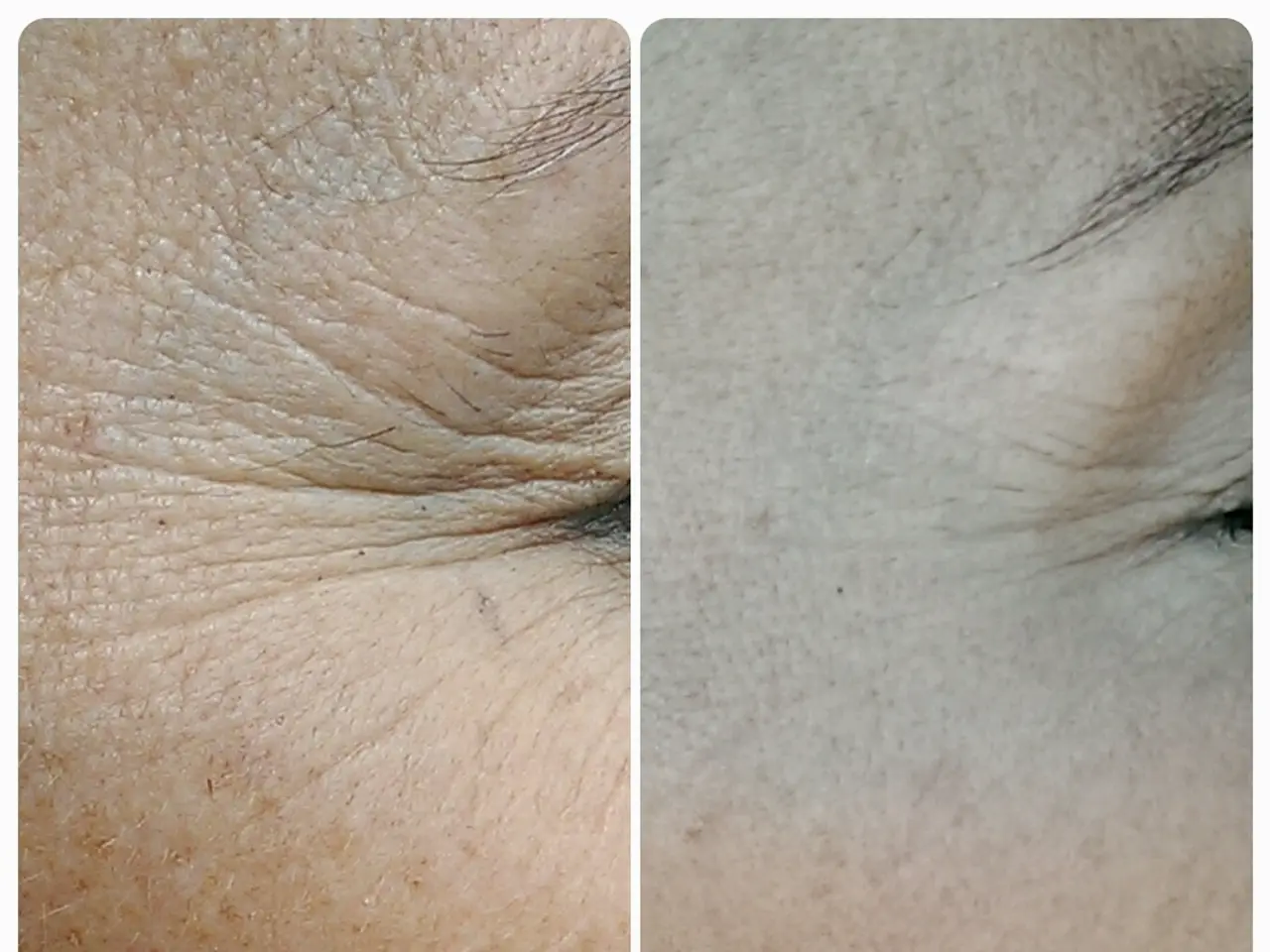Nutrition and Wound Healing: Key Nutrients for a Speedy Recovery
Importance of Diet in Speeding Up Wound Recovery and Skin Regeneration
Wounds, whether minor or major, can be a challenging experience for the body. However, the right nutrition can significantly aid in the healing process. This article explores the key nutrients that play a crucial role in supporting skin regeneration and repair during wound healing.
Key Nutrients for Wound Healing
- Protein (Amino Acids) Protein is essential for tissue repair, providing the amino acids needed to rebuild skin cells and form collagen, a key component of wound healing. It also supports immune function, reducing the risk of infection. Foods rich in protein include lean meats, poultry, fish, eggs, dairy, beans, lentils, and soy products.
- Vitamin C Vitamin C plays a key role in collagen synthesis, a protein that gives skin its strength and structure. It also enhances collagen production, supports immunity, and reduces the risk of infection. Foods rich in vitamin C include citrus fruits, strawberries, bell peppers, broccoli, kiwi, and tomatoes.
- Zinc Zinc is essential for immune function, protein synthesis, cell division, and collagen formation. It also supports wound closure and tissue repair. Foods rich in zinc include meat, shellfish, legumes, seeds, nuts, dairy, and whole grains.
- Vitamin A Vitamin A plays a crucial role in the synthesis of glycoproteins, which help form the structural components of skin cells. It also helps control inflammation and enhances skin regeneration. Foods rich in vitamin A include carrots, sweet potatoes, spinach, kale, eggs, and liver.
- Iron Iron is a key component of hemoglobin, the protein in red blood cells that carries oxygen throughout the body. It also supports oxygen transport to tissues, which is essential for cellular processes during wound healing. Foods rich in iron include red meat, poultry, seafood, beans, lentils, spinach, and fortified cereals.
- Omega-3 Fatty Acids Omega-3 fatty acids help control harmful inflammation and support the healing process. They can be found in fish, flaxseeds, chia seeds, and walnuts.
- Vitamin E Vitamin E acts as an antioxidant, supporting overall health and potentially aiding in reducing scar appearance. It can be found in vegetable oils, nuts, seeds, and green leafy vegetables.
- Hydration Proper hydration is crucial for cell regeneration and overall healing. Adequate hydration is fundamental for wound healing, as water helps carry nutrients to the wound site, flush out toxins, and maintain the balance of bodily fluids.
Impact on Each Stage of Wound Healing
- Hemostasis: Nutrients like vitamin K support blood clotting, which is vital for stopping bleeding immediately after injury.
- Inflammation: Zinc, omega-3 fatty acids, and vitamin A help regulate the immune response and reduce inflammation.
- Proliferation: Protein, vitamin C, zinc, and vitamin A are crucial for tissue repair and collagen synthesis.
- Maturation: Vitamin C and zinc continue to support the strengthening of new tissue and reduce the risk of infection.
In conclusion, these nutrients work together to ensure that each stage of wound healing proceeds efficiently, leading to faster recovery and better outcomes. A holistic approach to wound healing includes adequate rest, proper wound care, good hygiene, and avoiding smoking and excessive alcohol intake, in addition to a nutrient-dense diet.
For individuals suffering from chronic wounds, such as diabetic ulcers or pressure sores, nutrition plays an even more significant role in recovery, and a targeted nutritional approach can help manage chronic wounds and accelerate healing. Common vegetable oils with essential fatty acids also support skin regeneration by enhancing cell growth and migration.




